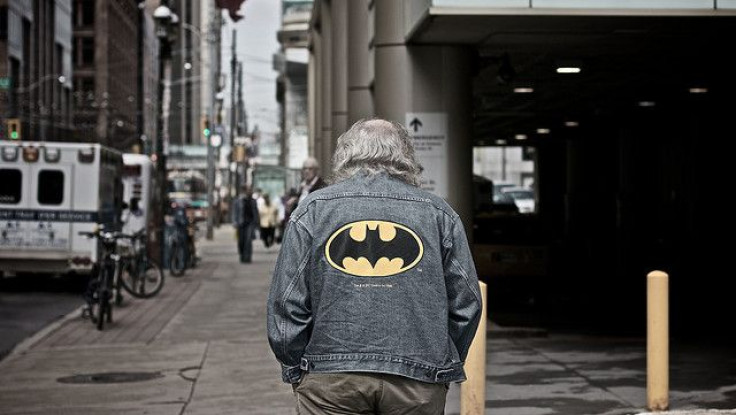After Major Anxiety, Older Adults Feel Younger When Facing Daily Stress: Study

What’s the relationship between how old you feel and how old you are? A new study suggests our subjective age may depend on what we’ve experienced. Researchers at North Carolina State University say dealing with a major stressful event, whether that be a negative or a positive, helps many older adults become more resilient in the face of daily stress and helps them feel younger than they are.
“We were quite surprised to find that individuals who had experienced a major life event stressor thought they looked younger on days with daily stressors,” Dr. Jennifer Bellingtier told Medical Daily in an email.
Self-Perception
When we are young, we proudly shout “4 and a half!” when asked how old we are. In our earliest years, most of us will even pad the answer, ready as we are to be all grown up. Somewhere in the haze of adulthood, though, all of that changes and we want nothing more than to be young again, or at least younger than we are. But is there truth in both perspectives? After all, chronological age serves as a general benchmark to biological age. We’ve all known people who are, say, a “young 40” and others who are (by comparison) an “old 40.” Physical condition, mental agility, and attitude all impact how old we look and feel. Age may be defined by numbers but it is also more than a number. Age is a slippery fish… subjective.
“Subjective age refers to how old or young individuals seem to themselves, including how old one feels, looks, or would like to be,” wrote the authors in their study.
To understand if stress impacts subjective age, the NCSU researchers enlisted the help of 43 adults between the ages of 60 and 96, mostly women. Participants filled out a questionnaire focused on stress and age each day for eight consecutive days. Prior to the start of this study, each participant recounted major stressful events, if any, experienced during the previous year. Stressful events would include a household move, a divorce, a death, a marriage, or an illness.
“We examined three components of subjective age: How old one feels, how old one thinks they look, and how old one would like to be,” Bellingtier said.
When the study ended, the researchers collected and analyzed the data. They discovered people who had experienced major stressors responded differently to daily stress than people who had not.
Emotional Truths
“In general, our participants believed they looked younger, but daily stress actually made [individuals who had experienced a major stressor] believe they looked even younger,” said Bellingtier, who added those without a major stressor believed they looked older.
Specifically, on days that weren't stressful, both groups of participants thought they looked about 10 years younger than their actual age. On stressful days, though, the stress participants thought they looked more than 20 years younger, while people who had not experienced a major stressor thought they looked their actual age. With men in short supply, the researchers were unable to make any gender comparisons.
“So everyone's ‘look age’ was impacted by daily stressors,” said Bellingtier, who added “it seems that it would be preferable to shift towards a more youthful appearance,” given our youth-oriented American culture.
She and her colleagues caution their study has limitations and more research is needed; however, the results suggest a major event helps many people develop resilience. What we want or fear most apparently makes us strong.
Source: Bellingtier JA, Neupert SD, Kotter-Grühn D. The Combined Effects of Daily Stressors and Major Life Events on Daily Subjective Ages. Journal of Gerontology: Psychological Sciences. 2015.



























